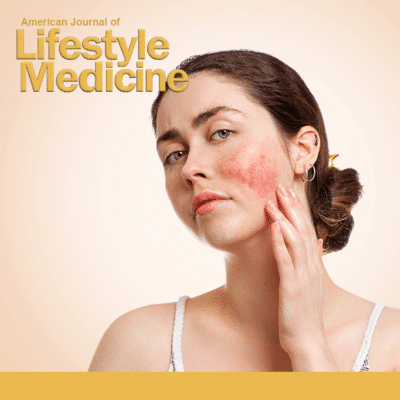Learning Objectives:
- Assess the available evidence on the role of supplementation in cutaneous disease treatment
- Identify dietary modifications that are recommended to treat rosacea
- List dietary modifications that are recommended to treat hidradenitis suppurative
- Describe dietary modifications that are recommended to treat herpes labialis
- Determine dietary modifications that are recommended to treat vitiligo
“The aim of our article was to wade through the literature to help clinicians make evidence-based recommendations in accordance with the principles of Lifestyle Medicine. It is our hope that after reading our article, clinicians can better guide patients who inquire about using herbs and supplements as an adjunct treatment of dermatologic disease.”
Marielle Jamgochian, MBS
Diet in Dermatology: Review of Diet’s Influence on the Conditions of Rosacea, Hidradenitis Suppurativa, Herpes Labialis, and Vitiligo
The influence of dietary patterns on cutaneous disease has been an oft-posed question to dermatologists by patients in a clinical setting. Similarly, the popularity of nutritional supplementation with vitamins, minerals, and nutraceutical blends has been increasing.
Dermatologists, primary care physicians, and other providers should be familiar with dietary interventions that are evidence-based and those that are more marketable than efficacious. In this review, the modification of diet, including dietary exclusion and dietary supplementation for the treatment of rosacea, hidradenitis suppurativa (HS), herpes labialis, and vitiligo was investigated. Despite abundant anecdotal evidence, the literature search found no high-quality evidence that an elimination diet for rosacea “trigger foods” improved rosacea symptoms though these elimination diets (of hot, spicy, alcohol-containing, or cinnamaldehyde-containing foods) had low risk of harm.
There is evidence that zinc supplementation and vitamin D supplementation in deficient patients is helpful for treating HS. For herpes labialis, L-lysine supplementation was found to be effective for prophylaxis but not for decreasing duration of active lesions. For vitiligo, the use of the herb Polypodium leucotomos in conjunction with phototherapy was found to increase repigmentation, as well as vitamin D supplementation in deficient patients.

